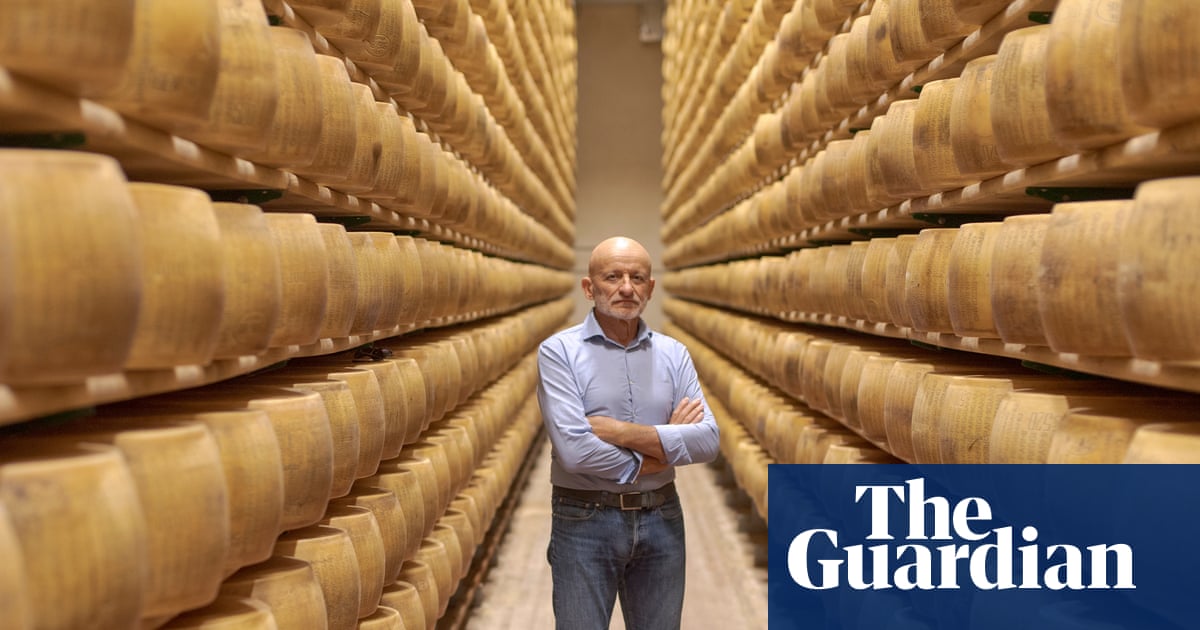
"Giuseppe Alai wanders through the cellar of his dairy in Emilia-Romagna, the air filled with the smell of ageing wheels of parmesan lined up in endless rows. Pointing towards the thick rinds wrapped around them, each bearing the distinct dotted engraving of their Parmigiano Reggiano mark of origin, he recalls an anecdote from his grandfather at the end of the second world war."
"When he explained that it was made without additives or preservatives, they couldn't believe it they thought it was impossible. A wheel of parmigiano reggiano. This connection between the zesty, crumbly parmigiano reggiano one of Italy's oldest and most famous cheeses and US consumer tastes has only strengthened in the decades since, with a thriving market making the country its biggest export destination outside the EU."
"But Alai's thoughts now turn to the implications of the premium delicacy, most commonly grated on to pasta or thinly shaved into salads, getting caught up in the chaos of Donald Trump's sweeping international trade tariffs, and putting faith in its centuries-old manufacturing process. One of the dairy farms supplying milk for the production of parmigiano reggiano (Reggiolo, Reggio Emilia)."
Giuseppe Alai moves through his dairy cellar in Emilia-Romagna amid the smell of ageing parmesan wheels in long rows. Thick rinds bear the dotted Parmigiano Reggiano mark and are engraved with brand, dairy identification and production date within hours. He recalls his grandfather trading cheese for American soldiers' chocolate in 1945 and their surprise that the cheese had no additives or preservatives. The zesty, crumbly cheese is a major export, with the United States the largest market outside the EU, but sweeping trade tariffs threaten that market. At his San Girolamo dairy, 1,000 litres of raw milk are poured into copper vats to form two 40kg wheels that must age at least 12 months.
Read at www.theguardian.com
Unable to calculate read time
Collection
[
|
...
]